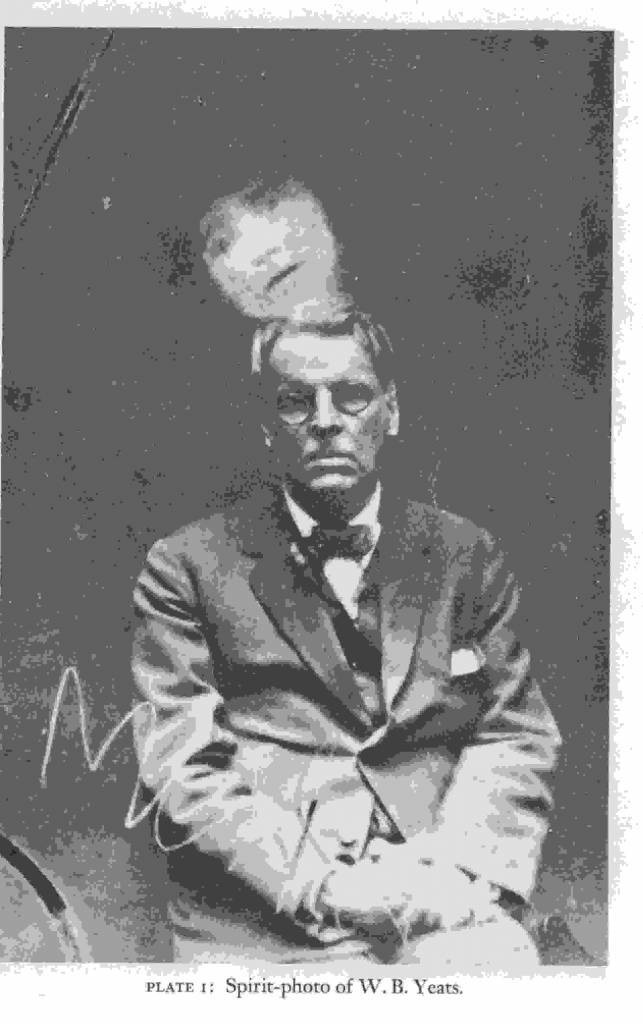suggested reading method
To best savour this artwork, please take a moment to eliminate distractions. Consider minimizing all other windows on your computer; putting other devices (phone, tv etc) aside; taking a deep breath, to the full extent of your lung capacity; and focusing solely on the “artwork” section.
Once you’ve processed that to your satisfaction, the rest of the post is optional reading, provided only to share my own impressions and reasons for choosing this piece.
artwork
He wishes for the Cloths of Heaven
Had I the heavens’ embroidered cloths,
Enwrought with golden and silver light,
The blue and the dim and the dark cloths
Of night and light and the half light,
I would spread the cloths under your feet:
But I, being poor, have only my dreams;
I have spread my dreams under your feet;
Tread softly because you tread on my dreams.
by W.B Yeats, published in his poetry collection The Wind Among the Reeds, 1899
interpretation
Some may be familiar with the final couplet of this poem, often cited as a sweet and beautiful plea to a loved one. Here, I want to focus on the rest of the poem, how Yeats sets up for those heartwrenching last lines.
Beginning with the title: after some research, I found this poem was originally titled not with “He” but with “Aedh”, as many of Yeats’ early poems were. This is an Irish/Scottish/Gaelic male name meaning “fire” – appropriate for a lovelorn romantic character.
Secondly, I am struck by the use of “light” to repeatedly describe the heavens. Gold, silver, blue, dim, dark, then night and light and half-light… the sky contains so many gorgeous hues evoked by these words. To take them down from the heavens and spread them under the love-object’s feet would be a godlike power, owning just about everything under the sun.
Then the poet-speaker debases himself as “poor” – which could be in terms of finances, character traits, or otherwise – and only has his dreams to offer. I would argue dreams are just as valuable as the heavens, especially when articulated so sensitively and passionately…!
Ultimately, though, the romance in this poem stems from that debilitating last line: “Tread softly because you tread on my dreams.” Knowing Yeats’ great unrequited love story was with actress and activist Maud Gonne, to whom he proposed and was turned down multiple times, we might be tempted to assume the poet-speaker is Yeats himself. But anyone who’s given more than they can receive can identify with this feeling of vulnerability. With this heartfelt plea, the power transfers from the speaker to their loved one – and without confirmation of acceptance or rejection, we are left to wonder if all the speaker has will be enough.
context
W.B. Yeats (1865-1939) was an Irish poet who wrote several collections of poetry, as well as plays, prose and non-fiction. A nationalist in his youth, he was disillusioned by World War I and detached himself from political involvement, though continued to explore the worlds of symbolism and mythology. Yeats was awarded the Nobel Prize in Literature in 1923.
As I almost wrote my thesis about Yeats, I wanted to share a lesser-known fact: Yeats was interested in the occult. His wife Georgie Hyde-Lees acted as a medium, conducting “automatic writing” as a conduit between spirits and the physical world, and resulting in a book called A Vision.

Feel free to share your own thoughts in the comments!
If you enjoyed this post, please consider subscribing and telling your friends about Spirit :)



